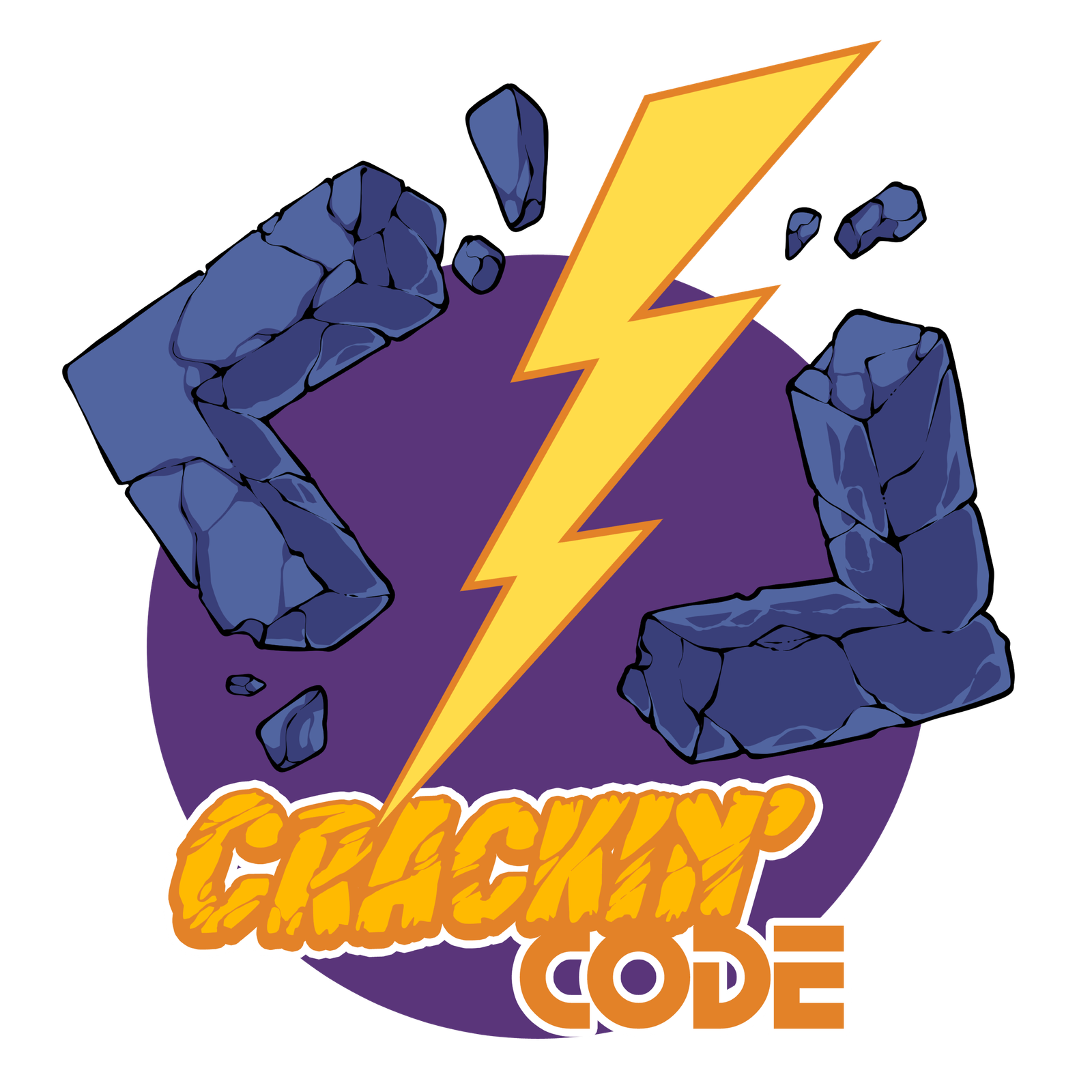Introduction
When it comes to software development, choosing the right methodology for your project is crucial. With so many options available, it can be overwhelming to decide which one is the best fit for your specific needs. In this blog post, we will explore the key factors to consider when selecting a software development methodology and provide you with valuable insights to make an informed decision.
Understanding Software Development Methodologies
Software development methodologies are frameworks that guide the development process, ensuring efficiency and successful project completion. Each methodology has its own set of principles, practices, and techniques. Let’s take a closer look at some popular methodologies:
1. Waterfall
The Waterfall methodology follows a linear, sequential approach. It involves distinct phases, such as requirements gathering, design, development, testing, and deployment. This methodology is suitable for projects with well-defined requirements and a clear understanding of the end product.
2. Agile
Agile methodologies, such as Scrum and Kanban, emphasize flexibility, collaboration, and iterative development. They focus on delivering working software in short iterations, allowing for continuous feedback and adaptation. Agile is ideal for projects with evolving requirements and a need for frequent deliverables.
3. Lean
The Lean methodology aims to eliminate waste and maximize value. It emphasizes efficiency and continuous improvement by identifying and eliminating non-value-added activities. Lean is suitable for projects that require streamlining processes and optimizing resources.
4. DevOps
DevOps combines development and operations, promoting collaboration and automation throughout the software development lifecycle. It focuses on delivering high-quality software through continuous integration, delivery, and deployment. DevOps is ideal for projects that require frequent updates and a seamless integration of development and operations teams.
Factors to Consider
Now that we have explored some popular methodologies, let’s discuss the factors you should consider when choosing the right methodology for your project:
1. Project Requirements
Understanding your project requirements is essential for selecting the appropriate methodology. Consider the complexity of the project, the level of uncertainty, and the need for flexibility. For example, if your project requirements are well-defined and unlikely to change, a Waterfall approach may be suitable. On the other hand, if your requirements are likely to evolve, an Agile methodology would be more appropriate.
2. Team Composition
Assessing your team’s skills and experience is crucial. Consider the expertise of your developers, their familiarity with different methodologies, and their ability to adapt to new approaches. If you have a team experienced in Agile practices, it may be more efficient to choose an Agile methodology. However, if your team is more comfortable with traditional approaches, a Waterfall methodology might be a better fit.
3. Project Timeline
The project timeline is another important factor to consider. Some methodologies, such as Waterfall, may have longer development cycles, while Agile methodologies allow for shorter iterations. Evaluate your project’s time constraints and determine whether a methodology’s timeline aligns with your goals and expectations.
4. Customer Involvement
Consider the level of customer involvement required for your project. Agile methodologies place a strong emphasis on customer collaboration and feedback, making them ideal for projects that require frequent customer involvement. However, if your project has limited customer availability, a methodology like Waterfall may be more suitable.
5. Project Size and Scope
The size and scope of your project play a significant role in methodology selection. For smaller projects with well-defined requirements, a simpler methodology like Waterfall may suffice. However, for larger and more complex projects, an Agile methodology allows for flexibility and adaptability to changing requirements.
Conclusion
Choosing the right software development methodology for your project is crucial for its success. By considering factors such as project requirements, team composition, timeline, customer involvement, and project size, you can make an informed decision. Remember, there is no one-size-fits-all approach, and it’s essential to select a methodology that aligns with your specific needs and goals. By doing so, you can ensure a smooth and efficient development process, leading to a successful outcome.

